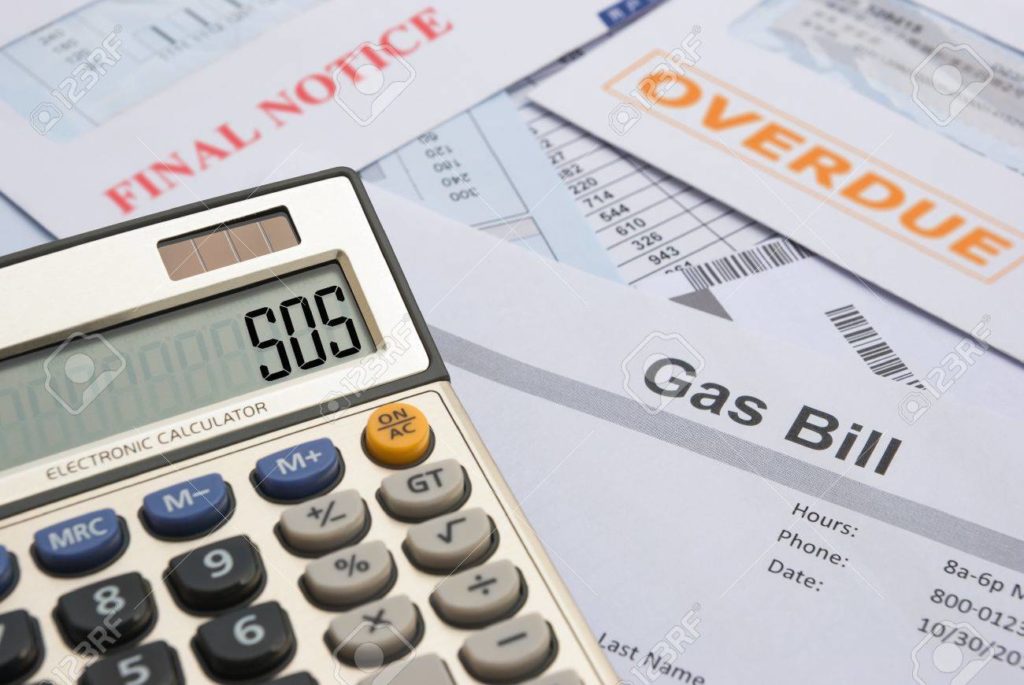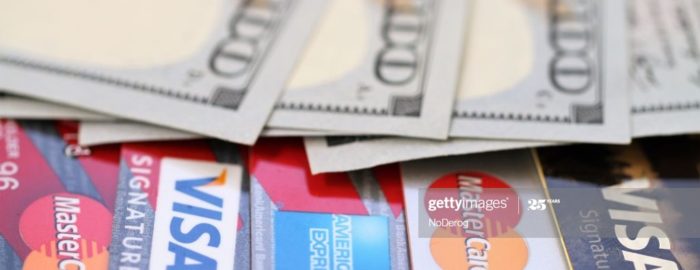Deniz Realty Partners Guide: How Banks and Creditors are Responding to the Coronavirus
With COVID-19 closing down several business and mass amounts of people being asked to take unpaid leave, it is becoming increasingly harder for people to make their regularly scheduled payments such as credit card bills, mortgage, car payments and others. Creditor companies have begun to respond to the financial hardship most of the customers are facing by offering delayed payments, waved late fees, or other individual options. If you are wondering if these offers apply to you keep reading the list below!
Credit Cards

Several credit card companies have chosen a course of action for their customers during the pandemic. Several have opted for an individual case options, where clients call the companies to set up an option that works for them. This could include reduced monthly payments or waived interest or late fees. The banks that have chosen this option include American Express, Bank of America, Barclays, Capitol One, Chase, Citi, PNC, Synchrony, U.S. Bank and Wells Fargo.
In addition, many companies have also put in place hardship programs or online assistance programs to help customers who qualify for assistance. Bank of America, Fifth Third Bank and Discover are utilizing their hardship programs, and Capitol One, Truist, U.S. Bank and Chase are encouraging their customers to use their online assistance programs.
Truist (formerly SunTrust and BB&T) customers will receive “payment relief on consumer loans, personal credit cards, business credit cards and business loans” See Forbes article for more information. Additionally, Goldman Sachs customers can postpone their loan payments for one month with no interest.
Bank Rate and Forbes have created articles with more information on the subject, as well as links and phone numbers to the respective banks for assistance. You can view those here and here.
It’s also important to note that none of these banks will be calling you and requesting information. Customers should contact them directly for assistance and should be aware that scammers use times of crisis to strike the most frequently.
Mortgage Payments

If you’re worried about losing your home during this crisis, know that many cities and government bodies are attempting to halt foreclosures and evictions during the pandemic.
A group of bankers and mortgage industry professionals, including Citigroup, Wells Fargo, JPMorgan Chase and Quicken Loans, are working on a plan to temporarily pause mortgage payments during the crisis. While the details are not yet finalized, they plan to have it finalized by April 1st. Take a look at the New York Times article initially reporting on this information here.
While we are waiting on the official plan to come together, consider some of these steps you can take if you currently can’t afford you mortgage payments.
First, talk to your lender. Many companies are willing to work with their customers through the crisis and work on solutions on an individual case basis. Many have hardship programs, loan extensions or online assistance platforms for their customers. Communicating with your lender about your situation should be your first step and is going to help you the most with your payments. This can apply to almost anything you’re currently making regular payments for that are becoming difficult to make, such as car payments, credit card payments or other bills. Open communication with the providers can help create a situation that is easier for you.
Next, understand your situation. When contacting your lenders about mortgages you’ll need to know your income, assets and expenses. You will also need to know how much you can afford now and when you might expect to be able to make regular payments again. Because the timeline of the virus and business closures are unknown, this can be hard to predict but keep in contact with your company for updates.
You should also consider applying for unemployment. This can help you receive compensation while your job is halted. Check out our other blog post here that will walk you through the process of applying for unemployment.
Take a look at the articles from Bank Rate, The New York Times and Consumer Finance for more information on this subject.
Renters and Utilities

The Orange County Sheriff’s Department released a statement saying that evictions will cease until the end of the crisis. Additionally, Duke and Orlando Utilities Commission said they won’t be turning off power for their customers during the crisis, even if they are late on their payments.
Lake, Seminole, Osceola counties have not stated that they are to stop evictions during this time, but officials are hoping that the actions taken by Orange County officials will encourage surrounding counties to take similar actions.
On a broader scale, federal and state government are attempting to place legislation that protects renters and homeowners during this time to ensure everyone who is living somewhere safe will have somewhere safe to live through the crisis, recognizing that healthy housing is healthcare and can help the prevention of spreading the virus further.
Check out the articles from the Orlando Sentinel and Market Watch that address these issues in further depth.
So, What Does All This Mean Going Forward?
Overall, if you are struggling to make payments on anything, call your lending company and try to work out a solution. Many companies are open to helping their customers through this hard time, and there will often be different solutions dependent upon each individual case. Be aware of scammers and only give your information to sources you are completely sure of. Scammers take times of crisis to prey on uncertainty and hardship.
Stay tuned for more information, tips and tricks from Deniz Realty Partners to help you through these hard times!


Thanks for posting this. It could easy a lot of stress for many people 🙂